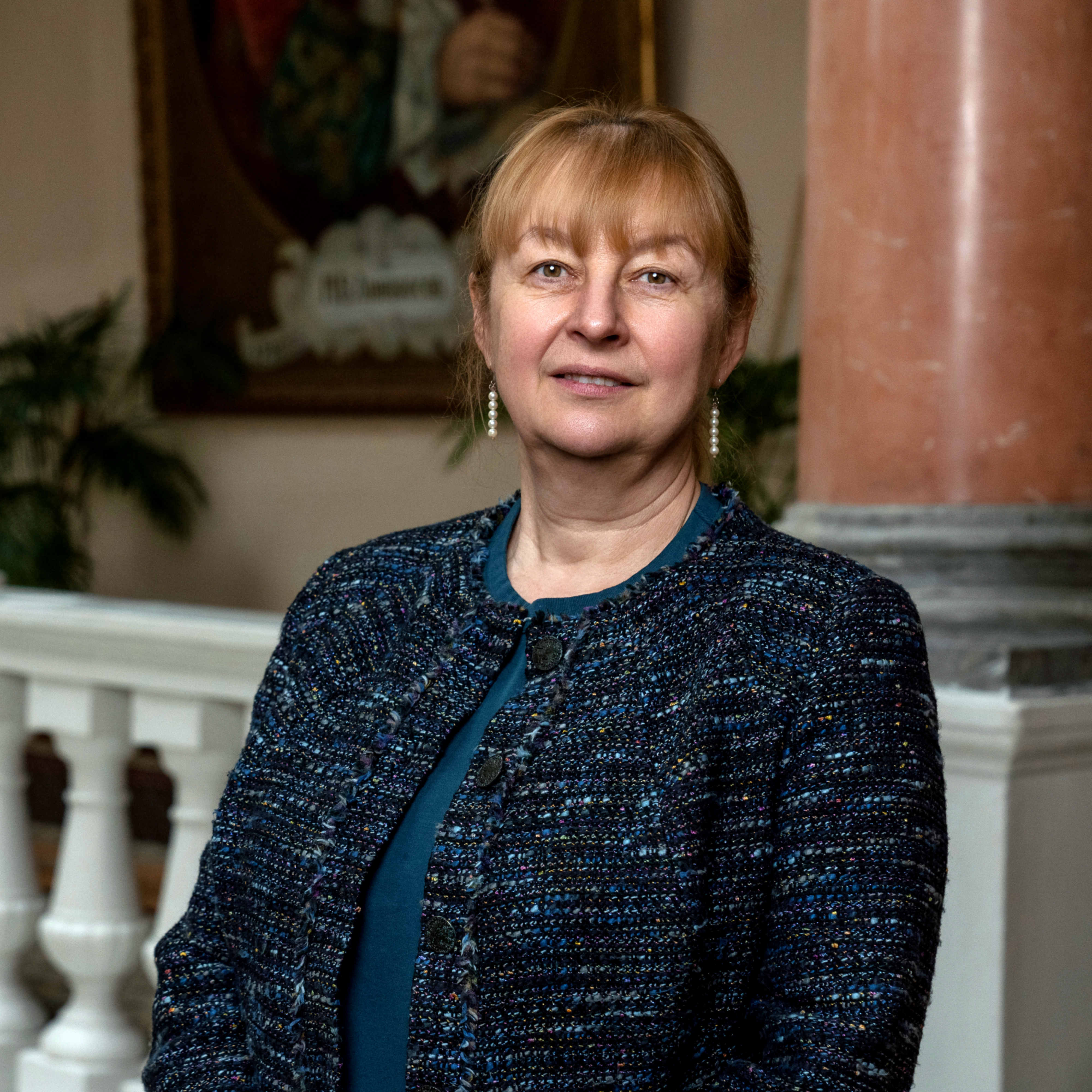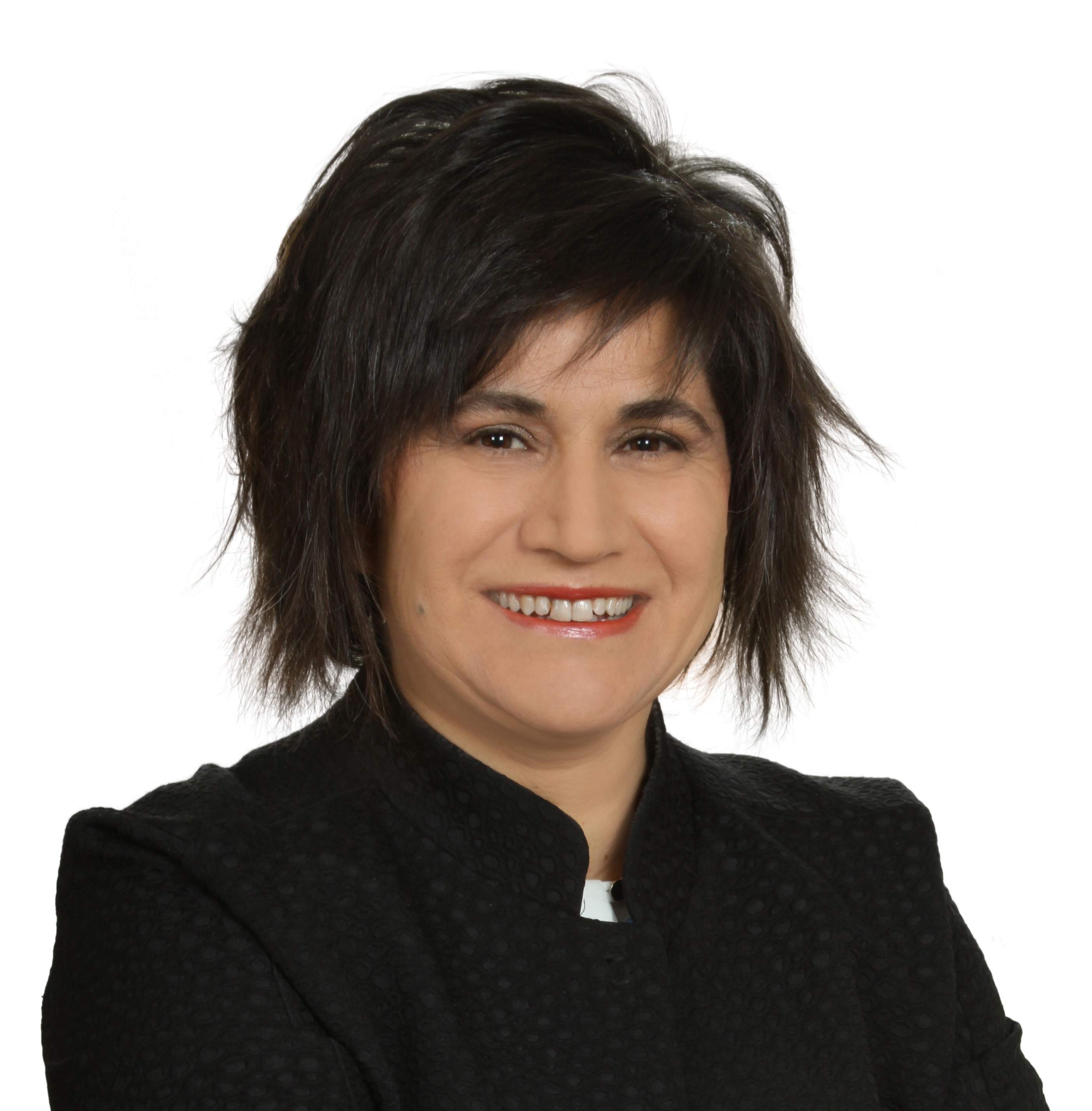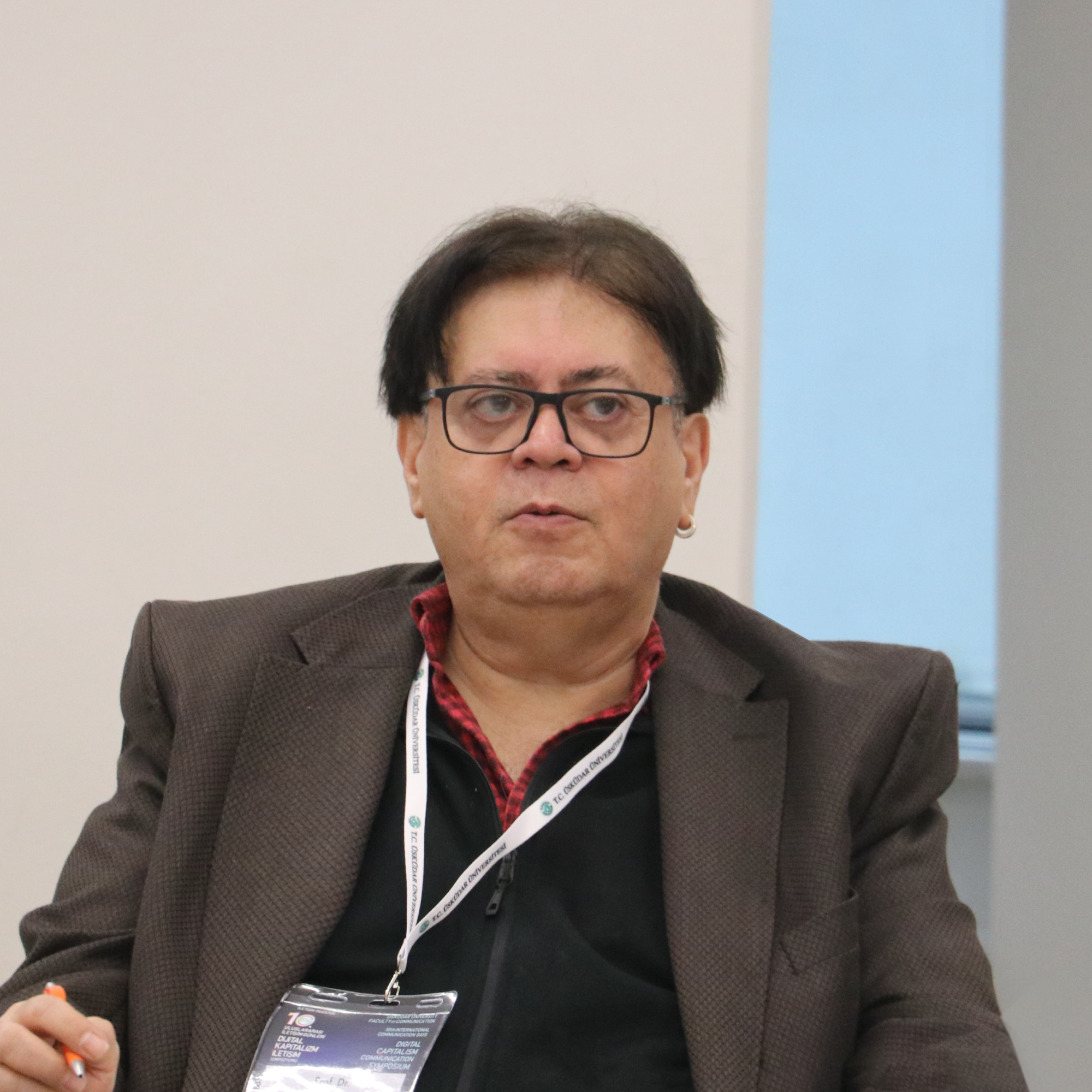11th INTERNATIONAL COMMUNICATION DAYS / DIGITAL INEQUALITY AND DATA COLONIALISM SYMPOSIUM
The 11th International Communication Days Symposium, an annual event organized by the Faculty of Communication at Üsküdar University, has been delineated with the overarching theme 'Digital Inequality and Data Colonialism.' This upcoming symposium, scheduled for May 15-16-17, 2024, is poised to be conducted in a hybrid format, encompassing both face-to-face and Zoom/Webinar modalities, thus accommodating a diversified spectrum of participation. This symposium aims to leverage the intellectual insights of globally and nationally renowned invited keynote speakers in the field. Significantly, it will provide the convenience of simultaneous translation services between Turkish and English during the keynote speaker sessions, thereby facilitating seamless multilingual engagement and discourse.
The process of digitalization, while offering a multitude of advantages, concurrently introduces a range of complex issues that warrant comprehensive examination. Technological progress undeniably enriches human existence; however, the governance and objectives underpinning the utilization of these technologies assume paramount significance. In this regard, a meticulous evaluation of the merits and demerits of digital technologies becomes imperative.
The advent of digital technologies has ushered humanity into a new epoch. However, a pertinent query arises: do these technologies truly ensure equitable global accessibility? Literacy stands as a pivotal precondition for engaging with digital technologies. Within our current milieu, a substantial segment of the populace remains bereft of educational opportunities, and consequently, literacy eludes them. Hence, the proposition that digital technologies are universally accessible to all individuals remains an elusive ideal. When examined through the lens of global power dynamics and societal disparities, it becomes conspicuously evident that, akin to prior technological revolutions, the ongoing digital technological revolution reinforces the dichotomy between the powerful and the disenfranchised. Those who are the architects of digital technology wield authority not only over its governance but also in shaping its usage modalities, content generation, and data accumulation. Those relegated to the periphery of these production and governance relationships are assigned predetermined roles or reduced to mere subjects. Hence, it can be posited that the advent of digitalization has given rise to a novel form of inequality and colonialism. This symposium aspires to engage in nuanced deliberations concerning the multifaceted dimensions of emerging disparities resultant from digitalization, as well as the various forms of colonialism that transpire through the exploitation of data.
The 11th International Communication Days Symposium, themed 'Digital Inequality and Data Colonialism,' is scheduled to span over three days. This prestigious event has garnered participation from globally recognized scholars and subject matter experts, who will serve as keynote speakers during its proceedings. Notable among these distinguished speakers are Prof. Dr. Nick Couldry from the London School of Economics, Prof. Dr. Ulises Ali Mejias from SUNY Oswego, Prof. Dr. Natalie Fenton from Goldsmiths, University of London, Prof. Dr. Elena Vartanova from Moscow State University, Prof. Dr. Ümit Atabek (a retired academic), Prof. Dr. Tuğba Asrak Hasdemir from Ankara Hacı Bayram Veli University, and Prof. Dr. Haluk Geray from Ankara University.
The 11th International Communication Days Symposium on Digital Inequality and Data Colonialism is a scholarly event adhering to international standards. It adopts a double-blind peer review process for paper submissions and extends an invitation to esteemed speakers. The symposium offers an inclusive platform for academic discourse, aligning rigorously with global criteria. This symposium qualifies as an academically incentivized endeavor, meeting the requisites for academic advancement and associate professorship evaluations. It was also entitled to receive TUBITAK (The Scientific and Technological Research Council of Turkey) support in the international scientific activity category. The Symposium's Organizing and Scientific Committee comprises distinguished scholars from various domestic and international universities. The symposium accepts oral presentations as part of its program.
• Digital technologies
• Digital capitalism
• Digital inequality
• Data colonialism
• Digital labor
• Digital Media and content production
• Digitalization and monopolization
• Digitalization and television
• Digitalization and journalism
• Social media studies
• Digitalization and communication ethics
• Digitalization and perception management
• Digitalization and advertising
• Digital marketing
• Digitalization and public relations
• Digitalization and design
• Digital natives
• Digital nomads
• Data mining
• Digitalization and artificial intelligence studies
• Digitalization and cinema studies
Feel free to submit proposals on these topics or related subjects, as the symposium aims to foster a comprehensive discussion within the broader field of digital communication.
The abstracts submitted for presentation will be subjected to rigorous evaluation by the distinguished panel of referees constituting the Symposium Scientific Committee. Accepted contributions shall be featured within the Symposium's Abstract Book, while comprehensive manuscripts will find their place in the electronically disseminated Symposium Proceedings. Regarding the submitted abstracts, a strict word limit of 250 words is enforced, while the accompanying full papers must adhere to a maximum word count of 7,500 words. Authors are strongly encouraged to meticulously adhere to the manuscript preparation guidelines delineated within the Üsküdar University Faculty of Communication Journal, Etkileşim, ensuring the highest standards of scholarly communication.
The deadline for paper abstract submissions is February 9, 2024. All submissions must be made through the symposium's official website. Accepted papers will be announced by March 15, 2024.
We eagerly await your papers and posters. We extend our gratitude in advance for your valuable contributions.







